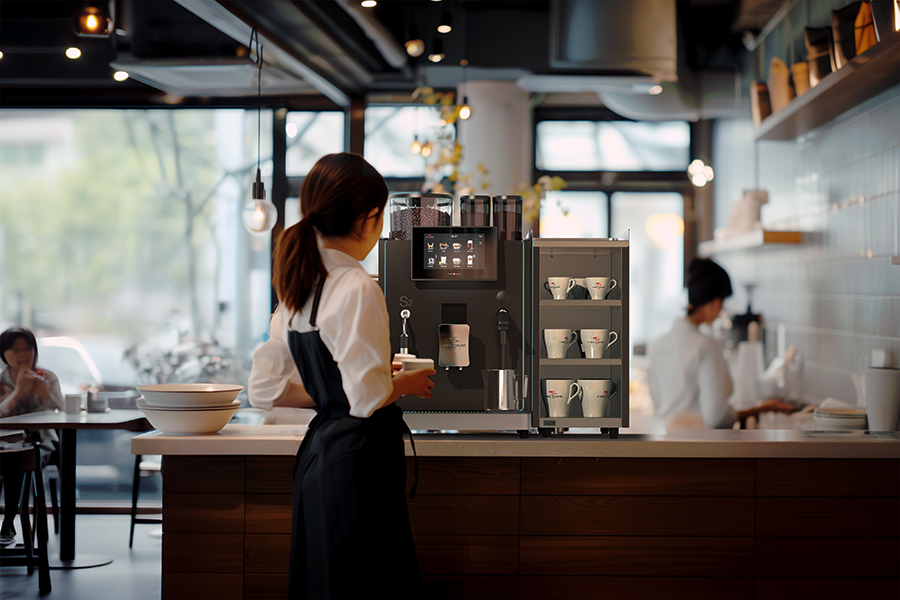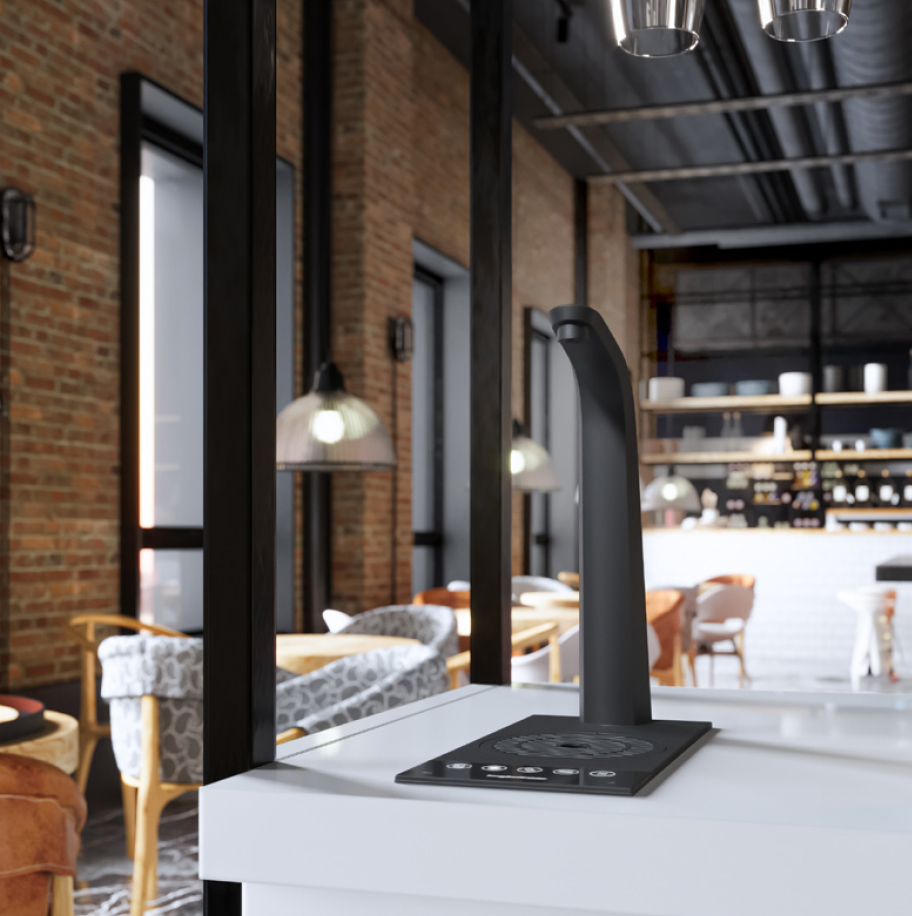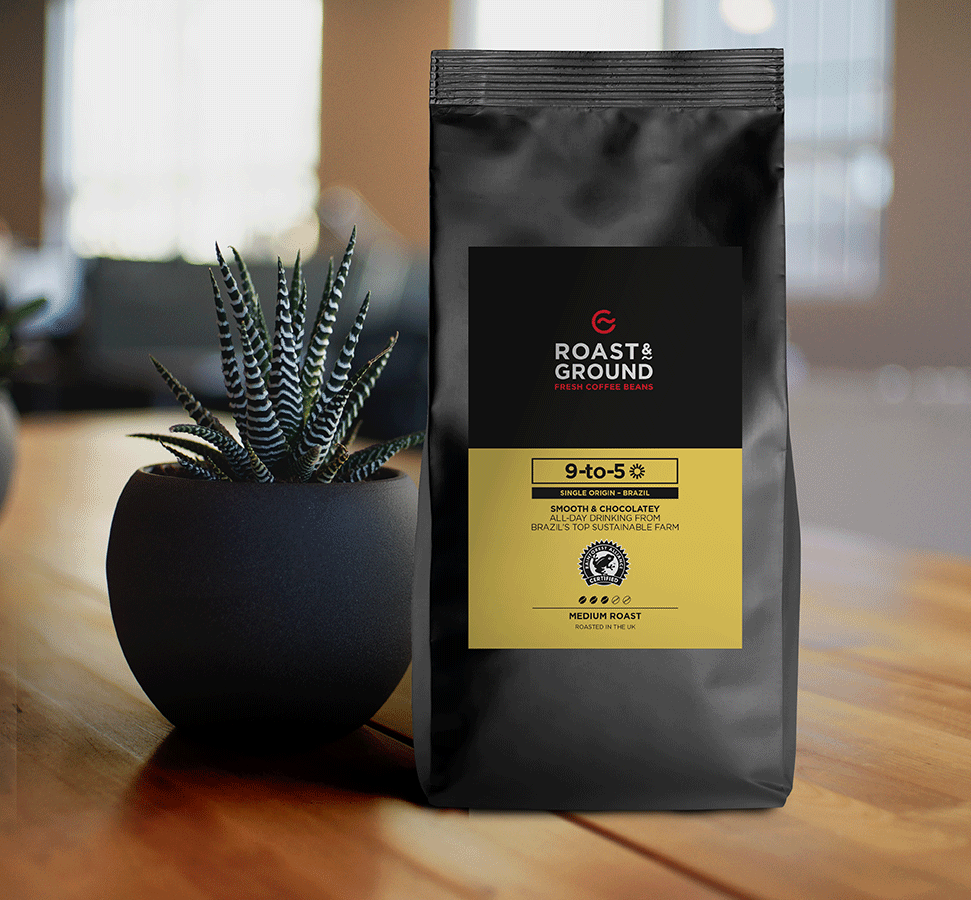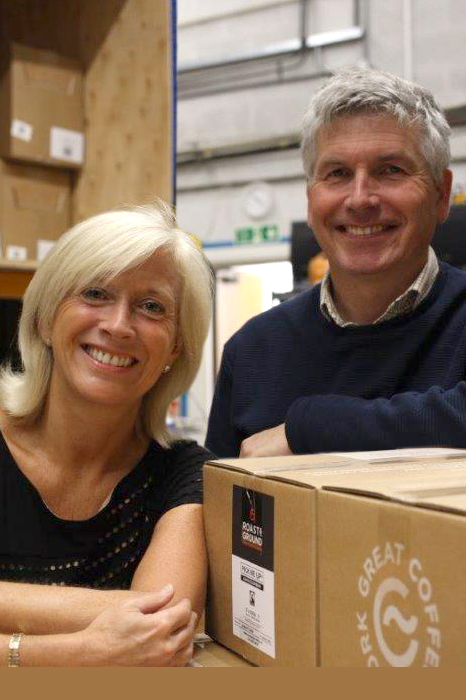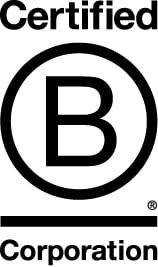It’s a hot topic amongst UK companies and consumers and one that we at Roast & Ground have been striving to answer for over 20 years. Here’s what we’ve found on our mission to supply the most sustainable coffee to UK offices so that we all meet our Corporate Social Responsibility commitments.
What’s the difference between direct trade and Fairtrade?
Direct trade coffee has evolved in the spirit of wanting to support and encourage the best in coffee farming, pay good prices, and guarantee a continued supply of quality beans.
The majority of Roast & Ground coffee is in fact ‘direct trade’ – whether it’s with a coffee farm, an estate, or a group of smallholder farmers who work together as an association of producers. We are proud to always pay above the market price so that our suppliers can keep growing superb coffee.
However direct trade is not a regulated term or a monitored scheme, it’s a claim coffee companies make. We know our customers want independent verification and that’s why we have been supporting Fairtrade since Day One.
If you are looking for a coffee company that sources carefully and responsibly and has good long-term relationships with coffee growers, you’ve found it. All our beans are ethically traded, and the farmers are paid premium prices. and we have worked hard.
What is the most eco-friendly coffee?
The Fairtrade scheme does not require coffee to be organic or environmentally friendly – that’s not its purpose. It’s true a lot of Fairtrade coffee is grown by small farmers and communities in a sustainable fashion, but for independent verification, we work with schemes such as Rainforest Alliance and organic food labelling bodies such as the Soil Association.
A large proportion of coffee is ‘sun-grown’ to maximise yield, which results in deforestation, increased use of fertilisers and pesticides, and a reduction in biodiversity. Rainforest Alliance aims to combat this by supporting shade coffee plantations and forest conservation to encourage biodiversity, protect wildlife and minimise soil erosion.
Choosing organic coffee is simply a different way to support biodiversity around the world. Organic coffee tends to be shade grown by small farmers, but not always. What’s guaranteed is that the farming methods minimise the use of pesticides and build healthy, resilient soil.
Are there times when all the schemes happily coincide? An interesting case in point is Roast & Ground’s 9-to-5 coffee, a ‘direct trade’ supply from Daterra coffee estate in Brazil. Sustainability is at the heart of everything this award-winning farm does, and some areas of the property are organically cultivated, certified by Latin America’s IBD organisation. However, it’s the Rainforest Alliance logo that appears on our packs.
Confused? There’s no getting away from the fact worldwide sourcing of coffee is a complex business. That’s why every coffee in our range is under-pinned with an accreditation – either Fairtrade or Rainforest Alliance.
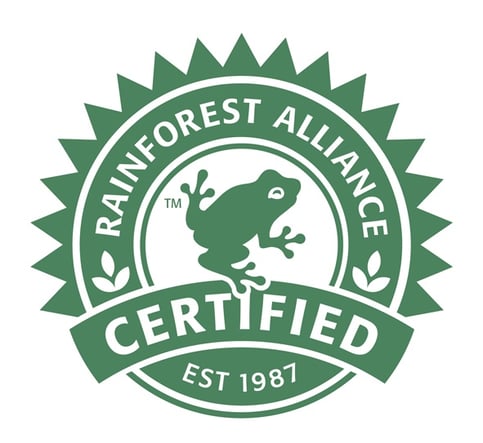 How to get the most sustainable coffee in the UK
How to get the most sustainable coffee in the UK
Just as Corporate Social Responsibility is multi-faceted, there’s more to serving sustainable coffee than how, where and by whom the beans were produced.
The roasting process alone represents approximately 15 percent of the carbon footprint of a cup of black coffee, so Roast & Ground, along with other coffee suppliers, has a responsibility to minimise its impact.
We continuously reinvest in the manufacturing process to minimise waste and control our carbon footprint. Most importantly, we use a Neotech roaster, one of the most energy efficient in the world, fitted with catalytic converters to reduce harmful gases.
We are continuing to monitor packaging options, whilst balancing product quality standards, whether in terms of recyclability or composability and push similarly to offer the best in biodegradable and compostable cups. Of course, for those who prefer reusable china mugs, we have those too.
And to help minimise the impact of deliveries, our shop offers everything you need for great coffee at work (including Fairtrade and Rainforest Alliance teas, snacks, and cleaning supplies), packed in recyclable boxes that are themselves made from recyclable materials.
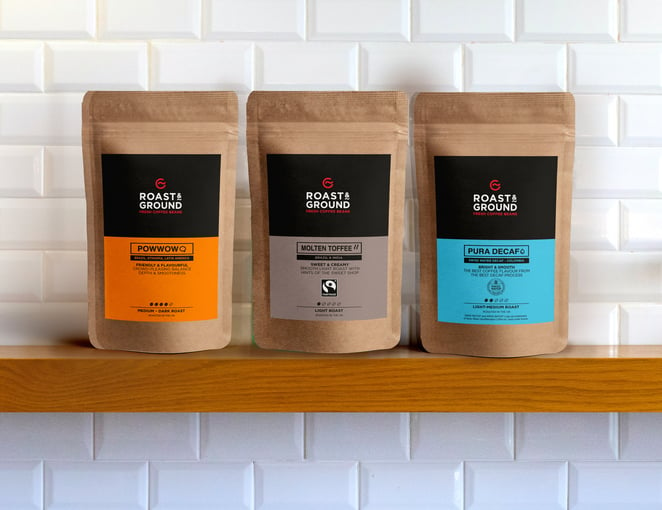
Closing the loop
Finally, we need to consider the impact of spent coffee grounds. Sent to landfill, they damage the surrounding soil by making it more acidic and emit methane, a potent greenhouse gas that contributes significantly to global warming.
That’s why we’re happy to be working with Bio-Bean, a company that takes coffee grounds from large and small companies and upcycles them, turning them into useful products for consumers and industry. If you’ve seen coffee fuel logs on sale in your local supermarket – that’s them! But the grounds also make their way into cosmetic, bio-plastic and automotive products.
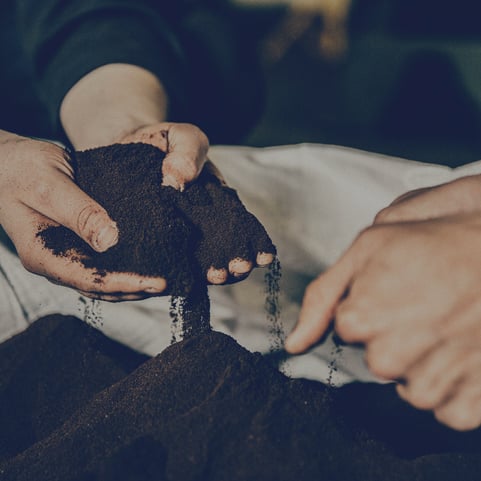
Contact Roast & Ground today for expert advice on choosing the perfect coffee.
